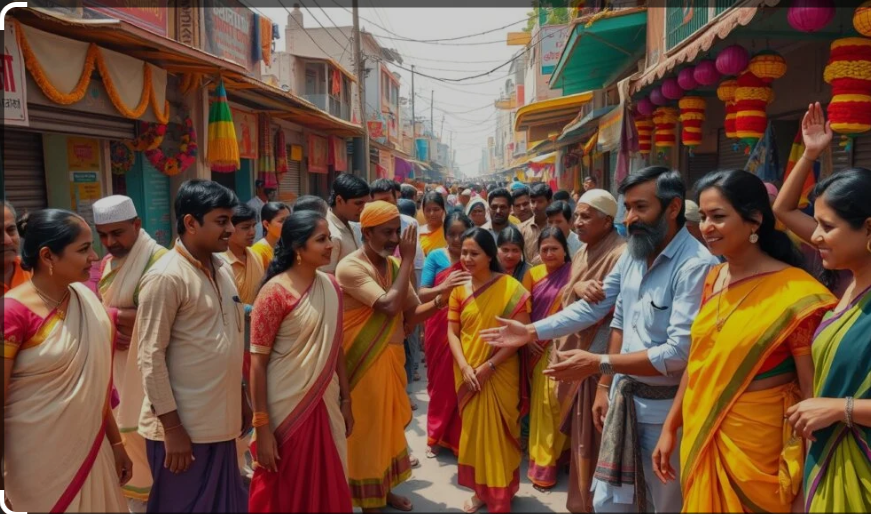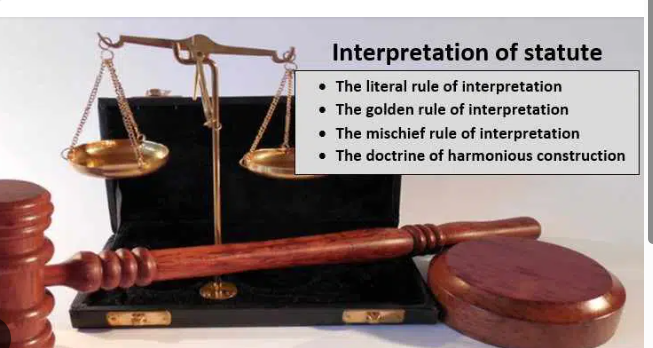Emergency Provisions (Articles 352–360, Part XVIII)

The Constitution of India, the bedrock of the Indian democratic framework, provides a system of governance that maintains the balance between central and state powers under a federal structure. However, the framers of the Constitution recognized that in extraordinary situations, the Union must be empowered to take decisive action to protect national unity, integrity, and […]








